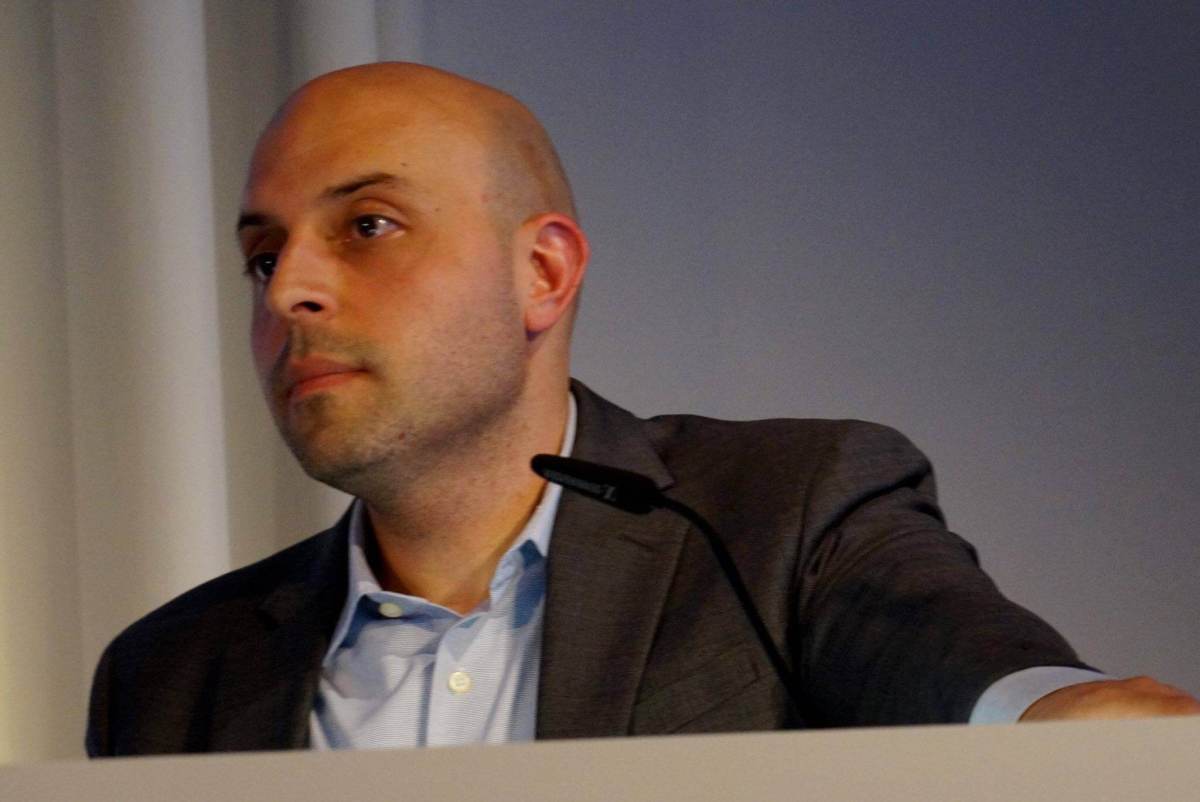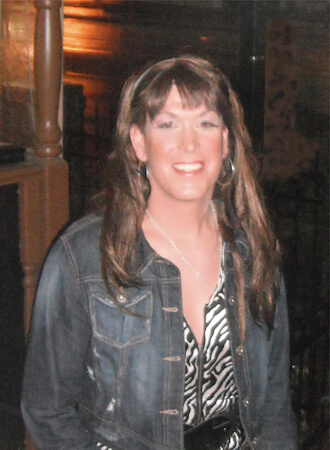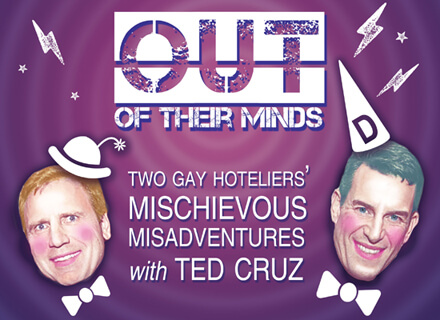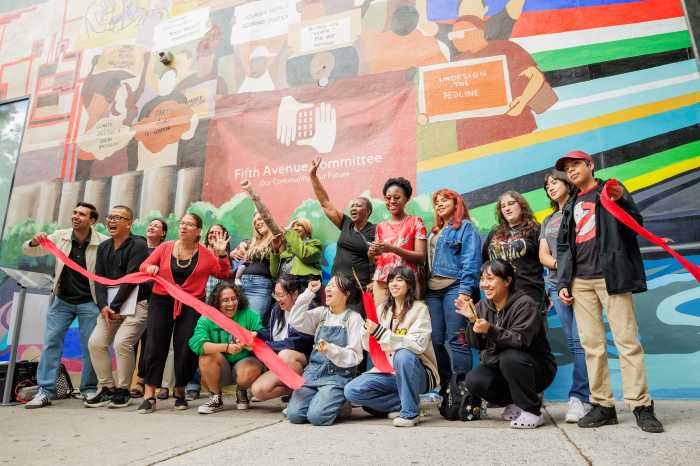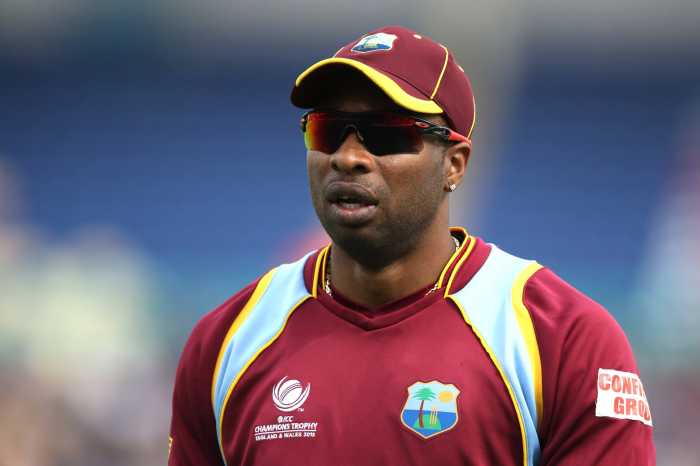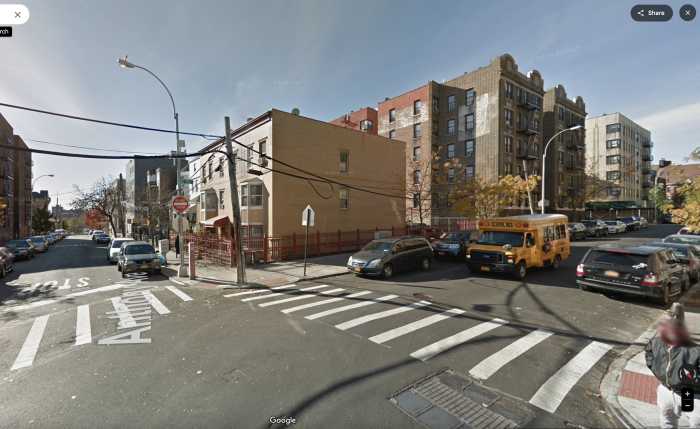Dr. Sa’ed Atshan, an assistant professor of Peace and Conflict Studies at Swarthmore College, outside of Philadelphia, recently published “Queer Palestine and the Empire of Critique” as well as “The Moral Triangle: Germans, Israelis, Palestinians,” which he co-authored with Dr. Katharina Galor.
A Palestinian originally from Ramallah, Atshan is a Quaker and an LGBTQ human rights activist, in addition to being an academic. He has, in the past, worked for the United Nations, the American Civil Liberties Union, and Human Rights Watch, among other groups.
Atshan earned a joint Ph.D. in Anthropology and Middle Eastern Studies from Harvard University, as well as a master’s in Public Policy from Harvard’s Kennedy School of Government. He was previously a postdoctoral fellow at Brown University’s Watson Institute for International Studies and has been awarded multiple graduate fellowships, including from the Open Society Foundations, the National Science Foundation, the Social Science Research Council, the Woodrow Wilson National Foundation, the Andrew W. Mellon Foundation, and the Jack Kent Cooke Foundation.
Ashtan spoke with Gay City News about “Queer Palestine” and his life as a gay Palestinian in the US, LGBTQ issues in Israel and Palestine, and the occupation.
Michael Luongo: Tell me about what brought you to write this book? And explain the meaning of the name of the book.
Sa’ed Atshan: The book is partly autoethnographic, examining my journey of consciousness as a queer Palestinian. I also trace the rise of the LGBTQ Palestinian social movement. One of my arguments is that the critique of imperialism has been transformed into an empire of critique, hence the title of the book. In furthering this point, I make the case for the necessity of combining the struggle for Palestinian freedom and the struggle against homophobia, while not privileging one over the other in the name of anti-imperialism.
Luongo: You write in early parts of the book about your time at universities in the United States, Harvard and also Swarthmore, where you now teach. What was that like? I know from the book that not all of it was pleasant. And tell us about the intriguingly named Audre Lorde/ Edward Said honor you received, which seems to embody two of your identities.
Atshan: Educational institutions have been transformational spaces for me, allowing me to discover who I am and the kind of person I want to be in the world. There have been challenges in dealing with anti-Palestinian racism. But I have been overall very blessed with support as well as reaching inward toward my resilience.
I graduated from Swarthmore in 2006 and received a special award that year named after both Audre Lorde and Edward Said. That was huge for me given that Lorde was a giant in the queer world and Said was a towering figure in the Palestinian world. In fact, they both still loom very large as inspirations for countless individuals around the world.
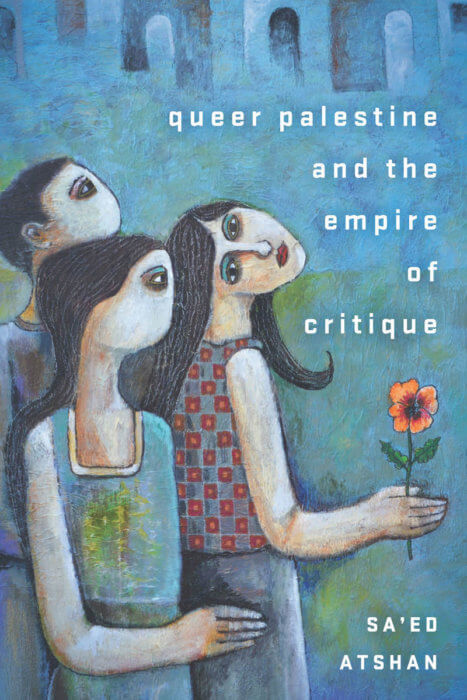
Luongo: What are some of the issues for LGBTQ folks in Palestine that are different from other parts of the Arab world?
Atshan: LGBTQ Palestinians face similar challenges as in other parts of the Arab world but the context of living under Israeli military occupation is unique. The oppression from life under the longest military occupation in modern history exacerbates homophobia within Palestinian society.
Luongo: Most people think of Palestine in relation to Israel — what makes sense about this and what does not, in terms of LGBTQ issues and for other issues?
Atshan: We have to be careful when we juxtapose the Israeli and Palestinian contexts with regard to homophobia. Concerns about pinkwashing are at play here — how the Israeli state attempts to draw attention to a purported advanced LGBTQ rights record in Israel in order to detract attention away from gross violations of Palestinian human rights. The truth is that there is a wide spectrum of queer experiences in Israeli and Palestinian societies, with homophobes and queer agents in each of these societies.
Luongo: What do you most want people to get about life for LGBTQ Palestinians – whether living within Palestine or those within the diaspora?
Atshan: In the book, I explicate the layers of surveillance that queer Palestinians face, from Israeli institutions, Palestinian institutions, Western journalists, filmmakers, and academics, Palestinian family units, and even from fellow activists within the movement. But I also believe that we can overcome this impasse from what I call the empire of critique and delineate a potential path forward.
Luongo: Many people, if they are familiar at all with Palestinian LGBTQ issues think of ASWAT and Al QAWS, both of which are based within Israel. What kinds of resources are available within Palestine itself?
Atshan: Both major queer Palestinian organizations are indeed registered in Israel rather than with the Palestinian Authority, given the impossibility of the latter at this time as a result of Palestinian homophobia. But both organizations do provide networks and support in the Occupied Palestinian Territories as well. Many Palestinians do not necessarily see Israel and Palestine as two separate units but rather Israel/ Palestine as one unit, all of which is ultimately under Israeli control. Furthermore, it is important to remember that there are close to two million Palestinians who live in Israel proper and are indigenous to the land.
Luongo: What does academia get wrong and right about Palestinian LGBTQ issues?
Atshan: I think that there is piercing silence about homophobia in Palestinian society. Scholars really struggle with how to historicize and contextualize this reality, and how to do so with integrity, nuance, and sensitivity.
Luongo: Any other final thoughts, with so many possible topics we could touch on?
Atshan: The resilience of queer Palestinians. Despite all of the oppression and suffering, so many queer Palestinians are creative, tenacious, and able to create spaces for pleasure and joy. We should remember those realities as well.
QUEER PALESTINE AND THE EMPIRE OF CRITIQUE | By Dr.Sa’ed Atshan | Stanford University Press | $28; sup.org/books/title/?id=30833 | 296 pages
THE MORAL TRIANGLE: GERMANS, ISRAELIS, PALESTINIANS | By Dr. Sa’ed Atshan and Dr. Katharina Galor | Duke University Press | $25.95; dukeupress.edu/the-moral-triangle | 256 pages
To sign up for the Gay City News email newsletter, visit gaycitynews.com/newsletter.

